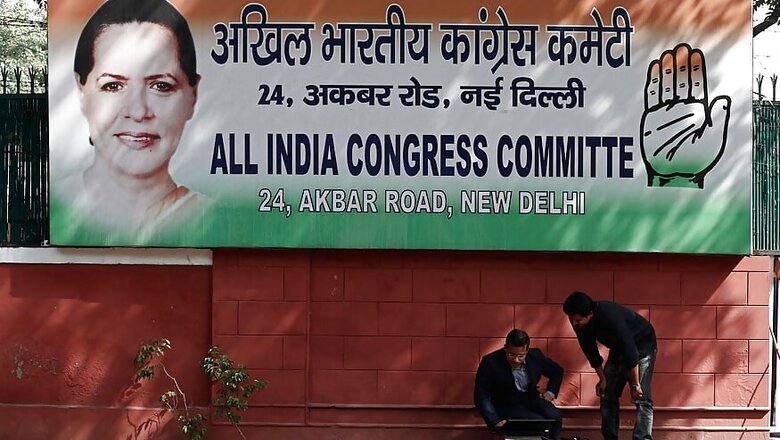
views
For some in-explicable reasons, Congress headquarters on Akbar Road in New Delhi has had a perennial network problem. In 2004, one balmy summer evening in the run up to the general elections this reporter had to borrow a palm size mobile phone from a party leader to relay the biggest story of the day -- Rahul Gandhi's entry into electoral politics.
It was an election which Congress won from the jaws of Bharatiya Janata Party's India Shining Campaign. It was also an elections during the course of which journalists and netas -- both avant-garde and conservatives -- freely discussed the possibility of Congress failing to cross the three digit mark in Lok Sabha.
A senior party functionary reminisced all that and much more during a discussion on the recent bout of debacle for the grand old party.
"Two. In only two politically significant states were we in power when Madam (Sonia Gandhi) took charge in 1998. Madhya Pradesh and Orissa," he recalls.
Buttressing his claims with more statistics, he adds, "And we lost 16 out of 30 assembly elections between 2004 and 2009. And yet UPA returned to power the same year."
But in the last few years, something more significant has happened at the grass roots that has the Congress think-tank really worried.
As the party starts to dissect its performance two distinct patterns seem to emerge from the states where it was contesting to retain power.
Let's take Assam first. As the dust settles down and the fine print emerges, it is evident that an unprecedented Hindu polarisation transcending traditional, even ethnic, fault-lines left little scope for Tarun Gogoi to negotiate past BJP's formidable socio-political alliances.
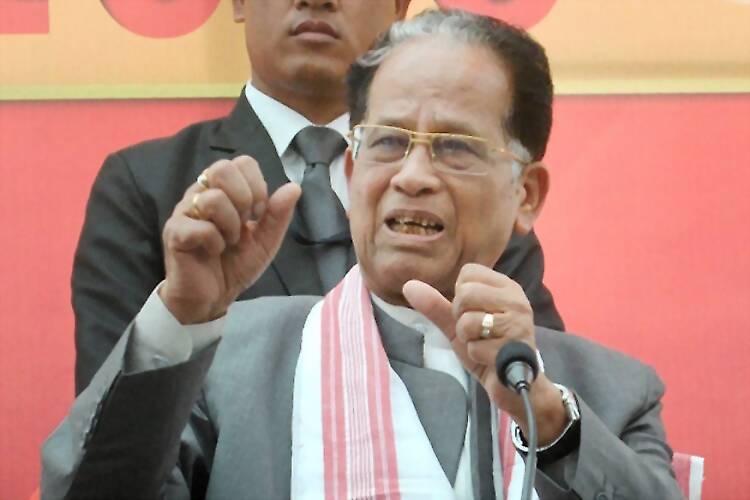
That this polarisation was not registered in the political discourse is on account of the top BJP leadership steering itself clear of verbal duels during election campaign.
BJP polled a significantly high percentage of the Hindu votes and left Congress to compete with an already well entrenched Badrudding Ajmal of the AUDF for the remaining 35% of the electorate.
BJP finds it difficult to wade through when the majority isn't a politically homogenous group as was the case in Bihar. Otherwise it's an open field for them, said a leader.
In an increasingly disruptive environment, a centrist Congress is finding it strenuous to strike that delicate balance between the majority and the minority.
Extreme right -- both majority and minority -- hover about on either side of the divide, waiting for that one wrong move to pounce upon, restricting Congress' manoeuvrability and space to operate in.
The second reason for worry for the Congress emanates from the polling trends in Kerala. Reduced to just 22 seats -- four more than its junior partner Indian Union Muslim League (IUML) -- it is now the pro-forma leader of the anti-Left front in the state assembly.
Initial feedback to the party central leadership indicates that IUML was able to retain its traditional vote-bank in places where it contested.
Elsewhere, Muslims have chosen the Left over Congress. The matters were made worse with a section of the traditional upper caste Congress voters walking over to the BJP who's aggressive and repeated southern-sojourns have now started to bear fruit.
These inflections in the near crystallised voting pattern in Kerala have clear undertones. If Congress is perceived to be second best in a multi-polar contest, the minorities are increasingly choosing to ally with the non-Congress and dominant anti-BJP player in the fray.
For example in Delhi in 2013 Kejriwal first walked away with Congress' aam admi votes. In the next elections minorities followed suit.
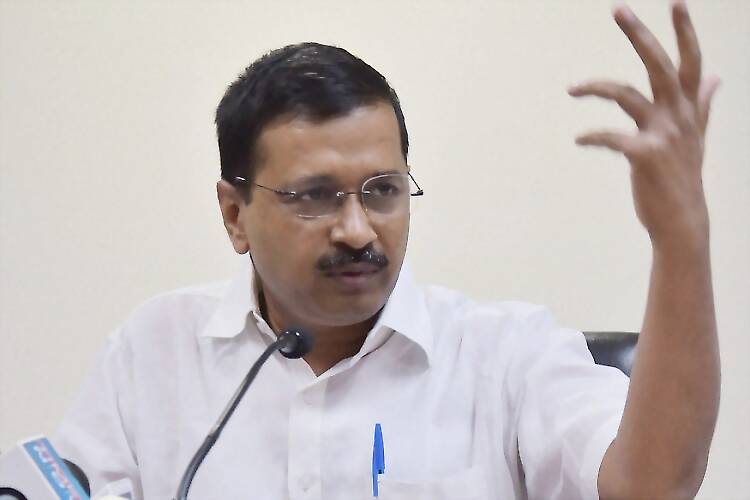
The same has happened in West Bengal in these elections where TMC seems to have emerged as the first choice for the Muslims.
A similar pattern can be traced in 2015 Bihar assembly polls. As part of the formidable alliance which took on the BJP in a bi-polar polity with Nitish-Lalu combine leading the charge, Congress got its share from the kitty only by dint of being part of Mahagathbandhan.
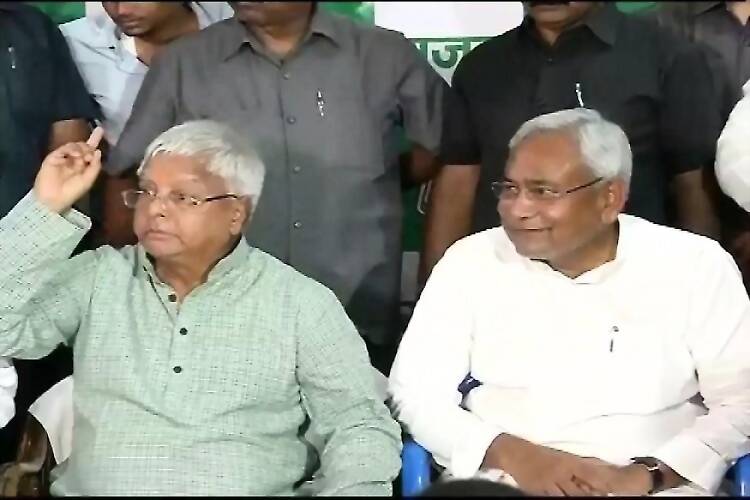
This depletion in the political capital will have implications in the next round of assembly polls, especially in Uttar Pradesh. Both Samajwadi Party and Bahujan Samaj Party (BSP) with their respective core caste votes will now profess better credentials to stake claims on Muslim votes.
Election outcome in the five states must have emboldened the BJP. As things stand today, UP will be a highly polarised election, says a Congress leader.
Where does all this leave the Congress?
As it prepares for the next round of elections, a debilitated Congress will now be under pressure to seek alliances -- both social and political.
In UP, Mayawati will make one final calculation before the elections. If she feels that Congress is that one necessary cog to mobilise minority votes, she will have an opportunity and the leeway of imposing a coalition on the grand old party.
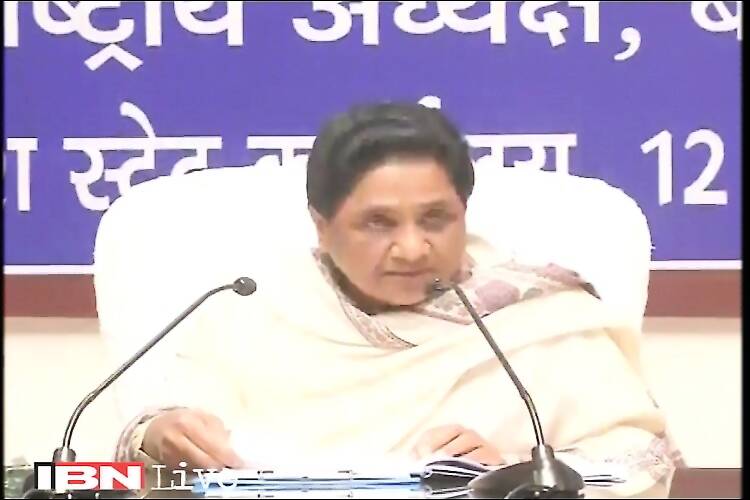
And like her mentor Kanshi Ram in 1996, she will do it on her own terms and conditions.



















Comments
0 comment